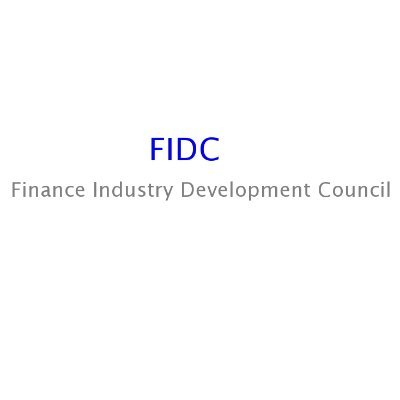Need for Regular Engagement of NBFCs with Ministry of Finance and RBI on Periodical Basis

FinTech BizNews Service
Mumbai, June 23, 2024: In a pre-budget memorandum (2024-25) to Nirmala Sitharaman, Minister of Finance; Mahesh Thakkar, Director General, Finance Industry Development Council, has expressed concerns and offered suggestions for an enhanced role of non-banking finance companies (NBFCs).
Key Macro Level Concerns
1.Regulation and Development Must Go Hand in Hand: Need for Regular Engagement of
NBFCs with Ministry of Finance and RBI on Periodical Basis:
All the policies framed by the Government and the regulatory framework put in place by the regulator have one common objective which is a healthy development of the sector. In order to achieve this, the basic need is to have a regular engagement on a periodical basis.
Ministry of Finance and RBI do engage with and meet the NBFC sector, but most such engagements are pursuant to concerns / issues on either side. However, with an increasingly
important role being played by NBFCs the need is to have a periodical engagement to ensure a
two-way flow of information and areas of concern. It also enables the policy makers to get first hand market report. In a fast-changing scenario, a structured dialogue on a regular basis is an important need of the hour with the objective to be “proactive” as against being “reactive”.
Suggestion:
We therefore request to have such meetings on a periodical (preferably quarterly) basis with
senior officials at Dept.of Financial Services (Ministry of Finance) and RBI
2. Harmonization of Regulations of NBFCs with Banks
RBI has harmonized the regulation of NBFCs with that for banks and FIs, especially, the
prudential norms on income recognition, asset classification and provisioning. However, this
harmonization has only resulted in making the regulations “more stringent”. Commensurate
harmonization in provisions relating to Recovery and Taxation are still pending for long.
Suggestion:
Harmonization of Regulations of NBFCs with banks need not be restricted to “tightening” but
this must also entail harmonizing benefits enjoyed by banks vis-à-vis NBFCs
3. NBFCs Dependence on Bank Funding
Lately, RBI has voiced their concern on “over dependence” of NBFCs on banks for funding. In
this context we would like to highlight the following important facts:
a) Actual Figures may Present a Different Picture
- As per the RBI’s Annual Report on Trends and Progress in Banking, as on 30th September,
2024, bank borrowings by NBFCs cons�tuted 37.8% of the total borrowings of NBFCs
(excluding Share Capital and Reserves). Borrowings by issuance of Debentures constituted
36.10% and the balance 26.10% are from other sources.
- The RBI figures of bank borrowing by NBFCs include the figures for Government owned
NBFCs also, which constitutes a significant portion. Since these are sovereign/quasi-sovereign
exposures, these should be excluded from calculation of systemic exposures to the NBFC sector.
b) Overdependence on Banks Must Lead to Diversification and Not Restriction
NBFCs being financial intermediaries need funds to on lend on an ongoing basis. Over the years,
various funding sources for NBFCs have been restricted without opening up of any new avenues.
This has resulted in liquidity challenges, more so, for a large number of small and medium sized
NBFCs who cannot access capital markets.
Suggestion:
Funding sources for NBFCs need to be diversified to check over-dependence on banks.
The concerns raised are of prime importance to ensure a healthy growth of NBFCs and enable
them to enhance their contribution to the growth of India’s economy.